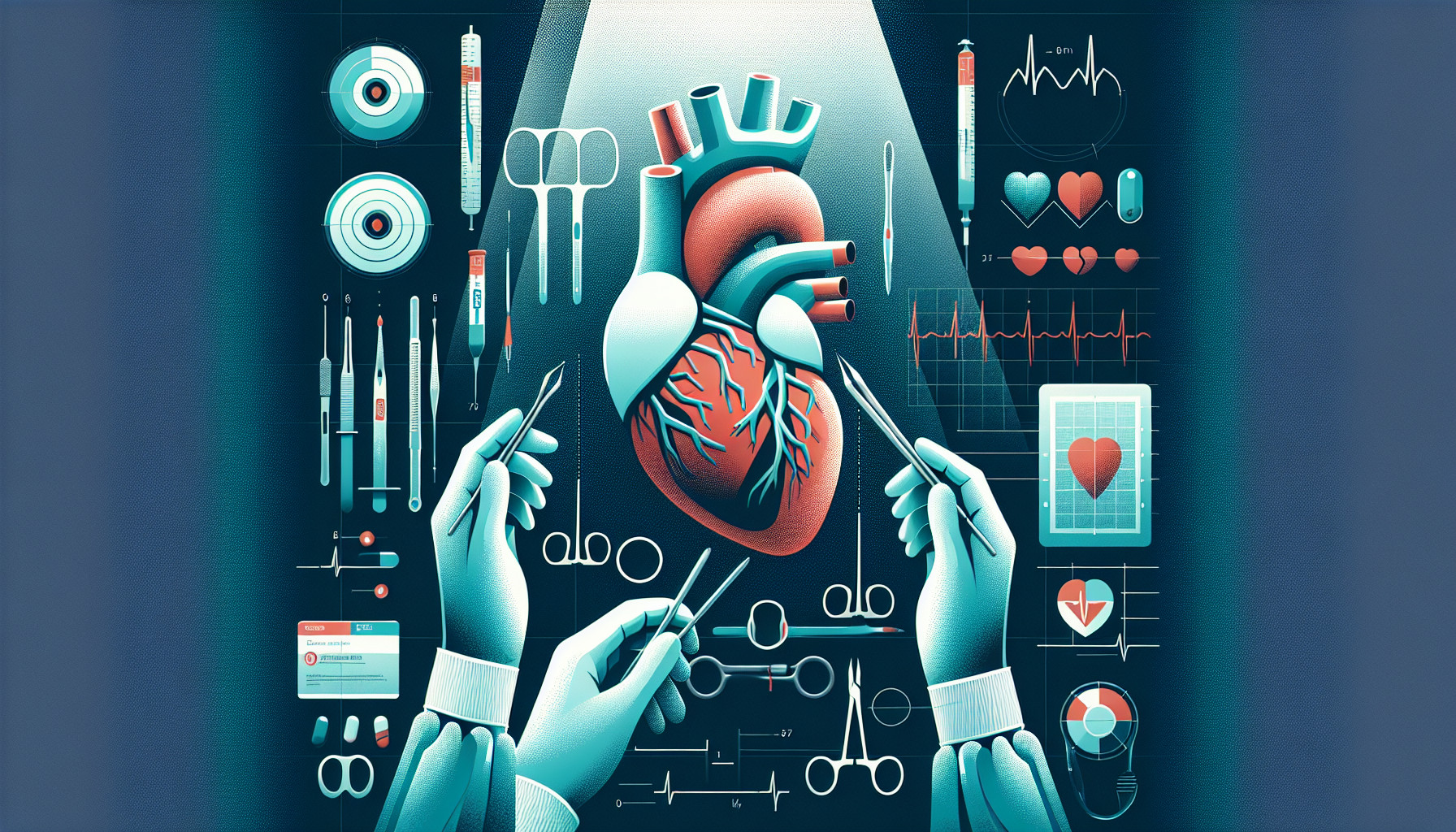Our Summary
This study looked at the relationship between a heart measurement known as QRS duration after a certain type of heart valve replacement and irregular heart rhythms in adults who had a type of heart defect repaired when they were children. This defect is known as tetralogy of Fallot (ToF).
After repair of the defect, patients can have complications such as heart failure and irregular heart rhythms. These issues can sometimes be improved with a procedure to replace a heart valve. Previous studies have shown that after this valve replacement, the QRS duration and the size of one of the heart’s chambers can decrease.
What the researchers wanted to find out in this study was whether patients who didn’t show a decrease in QRS duration after valve replacement were at greater risk for irregular heart rhythms.
They looked at data from 85 patients who had a valve replacement after having their heart defect repaired. They found that the QRS duration decreased in these patients after valve replacement and this decrease was related to the change in the size of one of the heart chambers.
They also found that patients who had a QRS duration of 180 milliseconds or longer after valve replacement, didn’t show a decrease in QRS duration, were older at the time of the repair, and had a history of irregular heart rhythms, were at higher risk for irregular heart rhythms to return.
These patients may need closer monitoring and may benefit from a device to control their heart rhythm.
FAQs
- What is the relationship between QRS duration and irregular heart rhythms after a heart valve replacement?
- Does a lack of decrease in QRS duration after valve replacement indicate a higher risk for irregular heart rhythms?
- How does the change in size of a heart chamber relate to the QRS duration decrease after valve replacement?
Doctor’s Tip
One helpful tip a doctor might tell a patient about pulmonary valve replacement is to pay attention to any changes in their heart rhythm, particularly if they experience irregular heartbeats or palpitations. It is important to communicate any new or worsening symptoms to their healthcare provider so that they can be properly monitored and treated if necessary. Regular follow-up appointments and monitoring of heart function are also important to ensure optimal outcomes after pulmonary valve replacement.
Suitable For
Patients with tetralogy of Fallot who have undergone repair of the defect and subsequently develop complications such as heart failure, irregular heart rhythms, and significant QRS duration may be recommended for pulmonary valve replacement. Additionally, patients who are older at the time of repair, have a history of irregular heart rhythms, and do not show a decrease in QRS duration after valve replacement may also be at higher risk for irregular heart rhythms and may benefit from closer monitoring and potential interventions.
Timeline
In summary, before pulmonary valve replacement, a patient with tetralogy of Fallot may experience symptoms such as heart failure and irregular heart rhythms. After the valve replacement, the patient may experience a decrease in QRS duration and improvement in the size of one of the heart chambers. However, patients who do not show a decrease in QRS duration after the procedure, are older at the time of repair, and have a history of irregular heart rhythms may be at higher risk for irregular heart rhythms to return and may require closer monitoring and potentially a device to control their heart rhythm.
What to Ask Your Doctor
Some questions a patient should ask their doctor about pulmonary valve replacement in the context of this study include:
- Will I need to undergo a valve replacement procedure after having my heart defect repaired, and what are the potential benefits and risks of this procedure?
- How will my doctor monitor my heart function before and after the valve replacement?
- What is the significance of QRS duration in relation to irregular heart rhythms, and how will this be monitored in my case?
- What are the factors that may increase my risk for irregular heart rhythms after valve replacement, and how can this risk be managed?
- Should I consider getting a device to control my heart rhythm based on my individual risk factors and the findings of this study?
- How often will I need follow-up appointments and tests to monitor my heart health post-valve replacement?
- Are there any lifestyle changes or medications that can help reduce my risk for irregular heart rhythms after valve replacement?
- What are the signs and symptoms of irregular heart rhythms that I should be aware of, and when should I seek medical attention if I experience them?
- Are there any additional resources or support groups available for patients who have undergone valve replacement for tetralogy of Fallot and are at risk for irregular heart rhythms?
Reference
Authors: Bou Chaaya RG, Barron E, Herrmann JL, Brown JW, Ephrem G. Journal: Pediatr Cardiol. 2023 Dec;44(8):1658-1666. doi: 10.1007/s00246-023-03272-0. Epub 2023 Aug 25. PMID: 37624409
